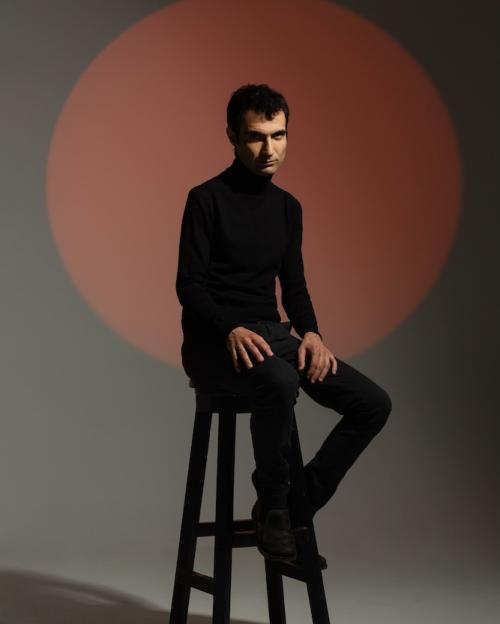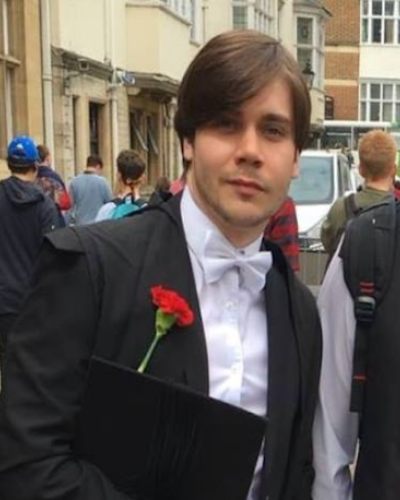The American Bach Society is pleased to announce that Thomas Cressy has received the 2024 Scheide Prize for his article “Baroque Pop and Psychedelia: Bachian Pastness, Prestige, and Hybridity" (BACH, 54/1, 2023: 17-75). Cressy is completing the final stages of his Ph.D. in Musicology/Ethnomusicology at Cornell University. The Scheide Prize honors a publication of exceptional merit on Bach or figures in his circle by a scholar in the early stages of their career. It was established in 1990 by an endowment fund given by musician, bibliophile, and philanthropist William H. Scheide (1914–2014), one of the American Bach Society’s founding members and its first major benefactor. For more about Cressy’s award-winning article, read the synopsis below.
Baroque music and harpsichords are a well-known inspiration for many Euro-American pop and rock musicians of the 1960s. Previous literature, however, has yet to focus on Johann Sebastian Bach’s prominence within these genres beyond a few pieces by the Beatles and Procol Harum. This article, through an examination of contemporary sources (music journalism, liner notes, and recordings), interviews, secondary literature, and conversations with musicians, provides a narrative and comprehensive overview of the role Bach and baroque idioms played in 1960s British pop and rock music.
By isolating stylistic features at different stages, this article first shows that baroque pop musicians drew on Bach and baroque music to express vague ideas of pastness, nostalgia, and aristocracy in a humorous and playful manner. American pop and rock musicians, particularly African Americans, also inspired many British musicians to copy the stylistic features of contemporary American music. This led to the more esoteric British psychedelia stage, where musicians tried to create hybrids that merged rock with baroque and other exotic styles. I show how psychedelic musicians were trying to unite a diverse array of styles into a hippie utopian art form called “head” music. I argue that baroque music, and Bach in particular, served as a prestigious vehicle to prove the intellectuality, musicality, and technical competence required for this “head” music.

Events honor the legacy of composer Steven Stucky
A&S Communications




